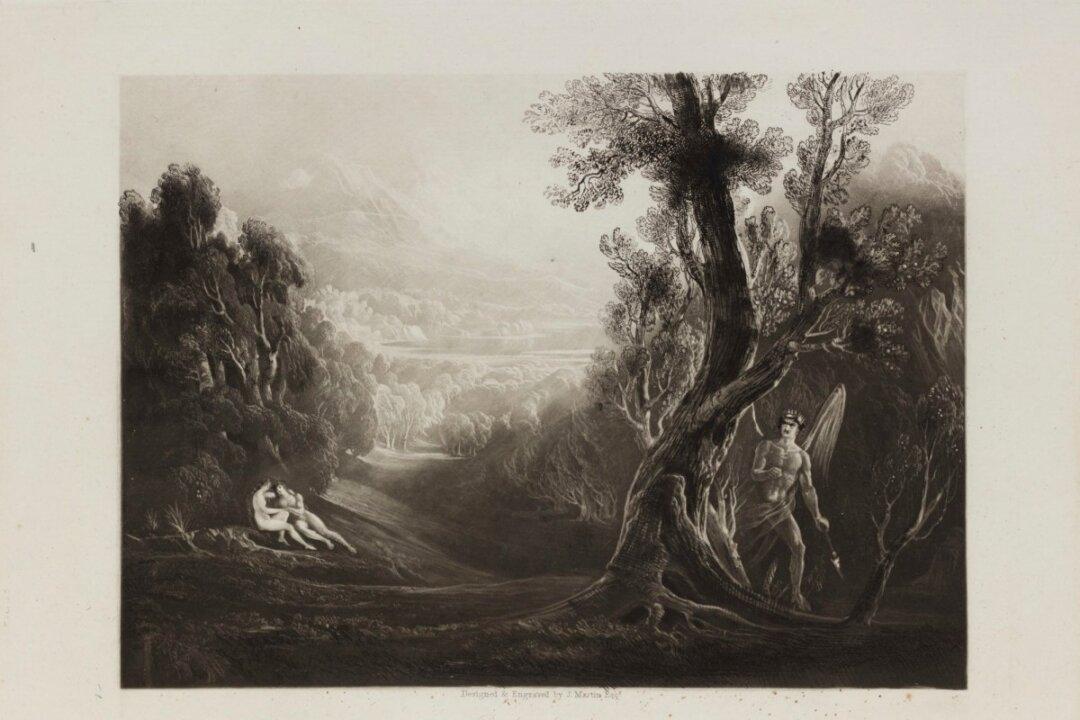We saw in our previous article that the fact that God in the Bible asks questions does not imply that his omniscience is limited. On the contrary, we argued that his asking questions was a way in which he revealed to the one interrogated the true state of play, or reality, in other words. This invariably meant exposing humans’ erroneous thinking and manipulative emotional states.
But it is interesting that God does not ask the first question in the Bible, which is also the first question to be asked “in the beginning.” No, that dubious honor belongs to the serpent in the familiar tale of Adam and Eve, which British historian Richard Cavendish describes as “one of the key myths of European civilization.” He says that it “lights up a whole network of reactions and connections in the mind.”






